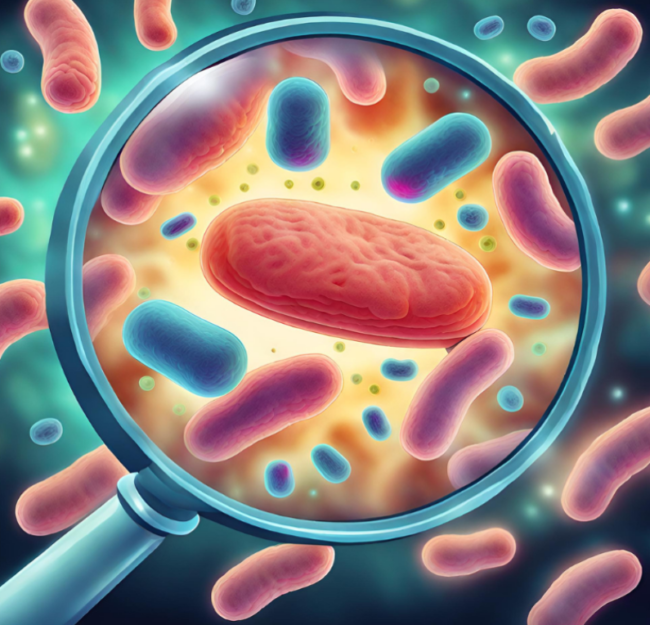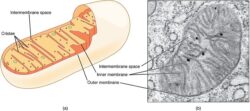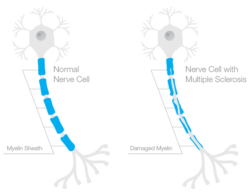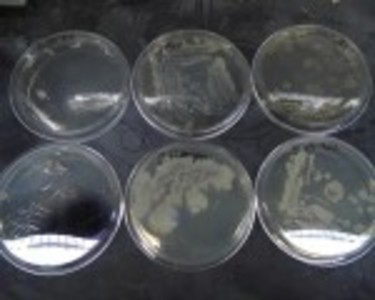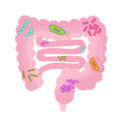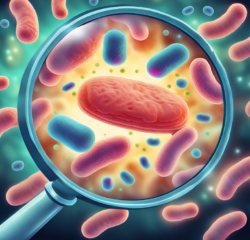Women disproportionately suffer from autoimmune diseases at a rate of 3 to 1 compared to men. Most believe hormones influence the risk of autoimmune disease but determining the mechanisms has eluded researchers for some time. In animal research, when male rats are castrated, the incidence of autoimmune disease goes up, but when female rats are castrated – their ovaries are removed, the results are mixed. New research finds that the bacteria in the gut interact with hormones and provide the key to understanding the sex differences in the risks for and onset of autoimmune disease.
In a study published in the journal Immunity, Gender Bias in Autoimmunity is Influenced by Microbiota, researchers tested the potential signals between hormones and immune function, gut microbes and immune function, and hormones plus gut microbes and immune function in male and female mice. They wanted to delineate the relationship between hormones, specifically testosterone, gut bacteria and autoimmune factors. Is it solely the hormone signal that influences the types and distribution of gut bacteria that then initiates or regulates the immune response or do the gut microbes regulate the hormones which then influence the immune response, or is it some combination of the two? It appears to be the latter; hormones and gut microbiota interact synergistically to regulate the expression of various immune factors and each other.
In a series of experiments, researchers were able to show that the gut bacteria in post pubescent male mice, both quantitatively and qualitatively differed from those of the female mice and testosterone was the key. In male mice, there appeared to be a feedback loop in which testosterone increased gut bacteria and the gut bacteria in turn increased testosterone, to some degree. Once the minimum threshold was reached, higher concentrations of testosterone did not influence gut bacteria any longer. Because these bacteria in turn control the balance between inflammatory and anti-inflammatory factors researchers postulate that the relationship between gut microbiota and testosterone may be key in understanding the gender bias in autoimmune disease.
Questions remain. Testosterone is not the only androgen within the hormone pathway. There are other androgens that have noted and direct influence on immune factors. Moreover, while testosterone may be implicated that does not necessarily rule out a role for the estrogens, as testosterone is the precursor hormone for estrone, estradiol and the other estrogens. The downstream conversion from testosterone to estrone or estradiol may be an important consideration for future research. Nevertheless, this study highlights the importance of hormones in disease, and more specifically, the critical cross-talk between hormones, gut bacteria and inflammatory/anti-inflammatory factors.
We Need Your Help
More people than ever are reading Hormones Matter, a testament to the need for independent voices in health and medicine. We are not funded and accept limited advertising. Unlike many health sites, we don’t force you to purchase a subscription. We believe health information should be open to all. If you read Hormones Matter, like it, please help support it. Contribute now.
Yes, I would like to support Hormones Matter.
Image created using Canva AI.
This article was originally published on September 12, 2013.
